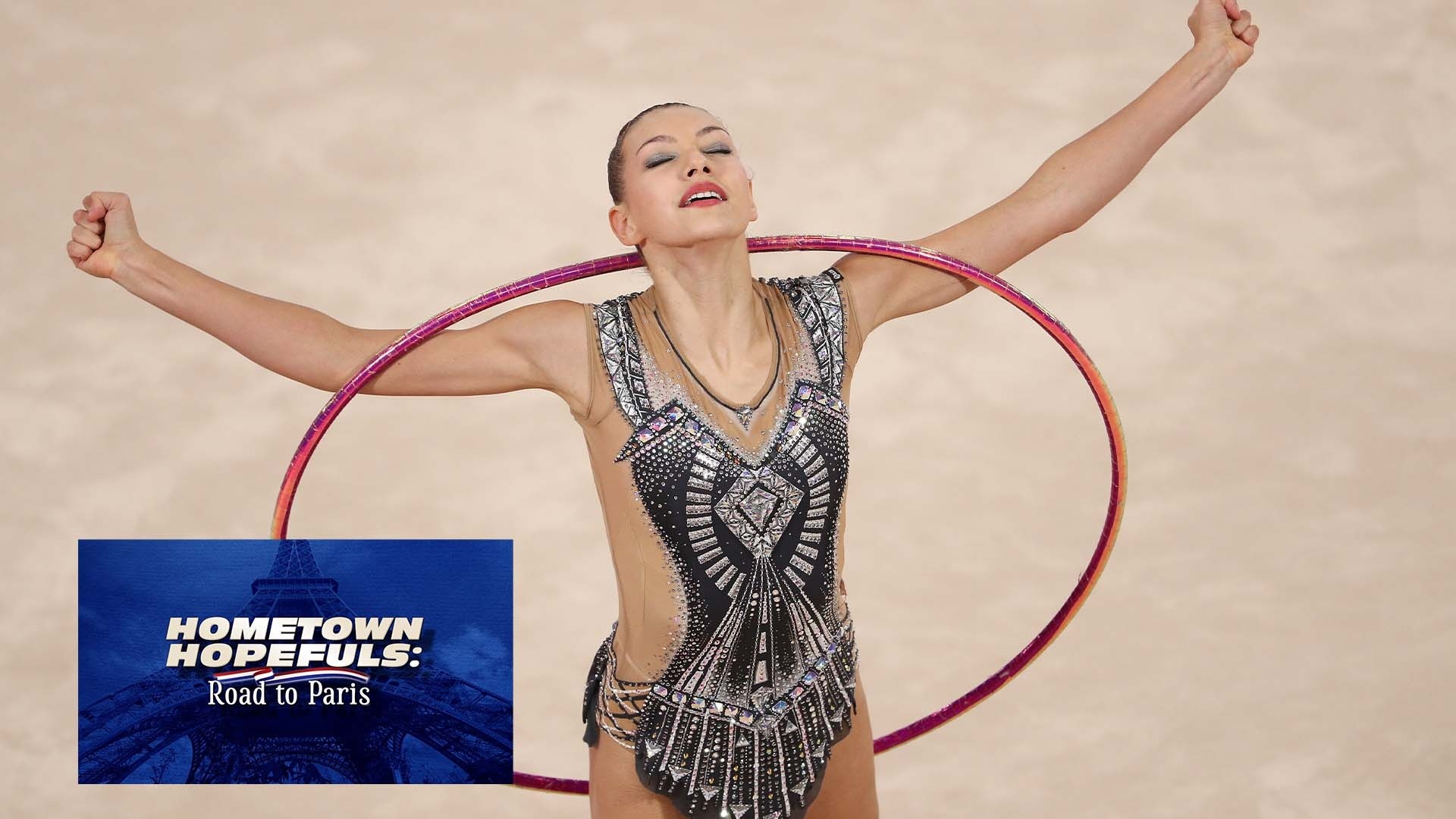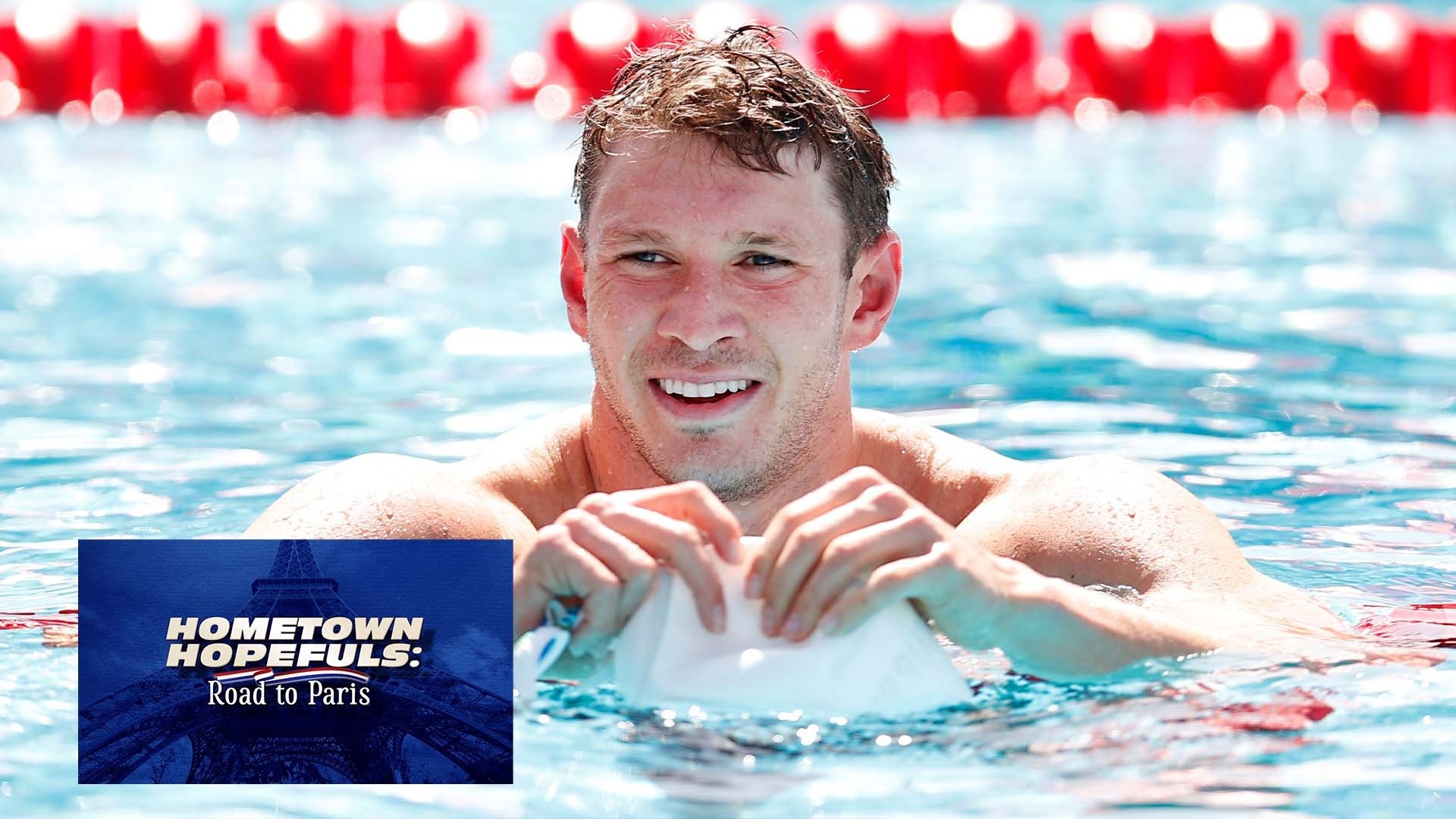Maggie Shea is one of those tough Midwestern sailors.
Shea grew up playing with her cousins by tipping over boats and swimming underneath. She drove to regattas packed in her parents' green Suburban with a boat tied to the top. And she laughs every time someone comes to Chicago and stares in awe at the sight of Lake Michigan, thinking it looks like an ocean.
Shea grew up in Wilmette, where she was introduced to the sport of sailing through her family. For years, her grandpa John sailed his boat, Wind Dancer, while her grandma made casserole and the whole family piled aboard. It was an every-summer kind of thing.
"It was this big family affair," Shea said. "We really celebrated every part of it."
Shea attended New Trier High School, where she and her two siblings were on the sailing team. The three were also part of Chicago Yacht Club.
Shea called Chicago an incredible place to learn to sail, from the perks of freshwater to the sailing community. She said they "have it good here."
Part of what makes the community so great, according to Shea, is the enthusiasm that skyrockets in the summer due to the inability to sail through the winter months.
"In areas you can sail year-round, you don’t have such a hustle and bustle on the docks when the summer is good," Shea said.
Being somewhat "late to the game," as she called it, did not stop Shea from putting her all into racing. She fell in love with the challenging aspect of sailing. The idea that even if you are in familiar waters, the race is different every day.
"That's the only constant," Shea said. "That you don't know what to expect."
Feeling out of the loop? We'll catch you up on the Chicago news you need to know. Sign up for the weekly Chicago Catch-Up newsletter.
As a young sailor, Shea was hooked by the independence the sport required and her love for being on the water. Being out for multiple hours helped her to toughen up, even if she didn't realize it at the time.
"You’re the captain. You've got to make a lot of decisions and you've got to deal with a lot of adversity," Shea said.
She went on to continue her sailing career at Connecticut College. Upon graduation, she launched into the professional sailing world, joining forces with a former opponent who is now her longtime partner in the sport, Stephanie Roble.
With two people working together to race the boat, communication is important. During training, they practice talking while doing math equations. When it comes to competing, the two rely on "choreographed communication" and their routine checklists.
“It's like this 'marriage.'… Our schedules are so intertwined, our commitment level has to be the same," Shea said. "It just requires a lot of communication."
Apart from the competitive side, Shea said the two are supportive of each other and have grown to learn a lot about each other. She also said they try to laugh as much as possible.
"We do better when we can find something to be silly about," Shea said.
Shea and Roble compete in the 49erFX class of sailing, meaning their races are 30 minutes long in a 4.9-meter boat with a light platform made specifically for speed.
"It's a very unstable platform designed to go very fast, which makes it challenging physically. It's literally hard to balance on," Shea said.
Roble and Shea often have to hang off the side, going as fast as 22 miles per hour.
The sport has led them to compete all over the world, usually staying in places for two to eight weeks. Not only do they sail, they also do everyday things: going to the gym, going to the grocery store and using public transportation.
Shea said this gives them a real immersion into different cultures.
"The sailing community is also international and so tight. You kind of feel at home at most yacht clubs in the world," Shea said.
Together, the pair competed in the 2020 Tokyo Olympics, but it didn't go quite as they planned. Shea and Roble finished 11th after an issue caused them to spin out and both go in the water.
"As much as you try to prepare … I learned that you can't fudge experience," Shea said.
Tokyo may have been their first Olympics together, but it won't be their last. The team is officially headed to Paris.
Shea said that to be a great sailor, you need a lot of physical strength and explosive power. Now, leading up to the Games, she is training several hours a day, both in the water and in the gym.
The team has done some things differently in this last three-year cycle, as opposed to the five years before that. Shea said she's excited to see it all come to fruition in Paris.
Shea also expressed her excitement for having her family be able to watch her compete at the Olympics, since they played such a large role in her involvement in sailing.
"I hope they can come and enjoy what they've helped me accomplish," Shea said.
Although their goal is to bring home a medal, Shea said feeling proud of what her and her teammate accomplish would be even better.
"That's what this whole second attempt is about, trying to do things in a way that we're proud of the process," Shea said.
After she retires from sailing, Shea said she really doesn't know where she wants her career to go, but she would love to do some coaching.
"I really hope to help the next generation of skiff sailors come up in the States," Shea said.
Shea isn't the only Olympic sailor from the area. She said she has witnessed a surge in Midwestern sailors, many of whom grew up learning on lakes with unpredictable winds that give them a unique perspective on the sport.
"'Lake sailors,' as we call them, have a knack for certain sailing skills," Shea said. "It shows how tough Midwestern sailors are."




